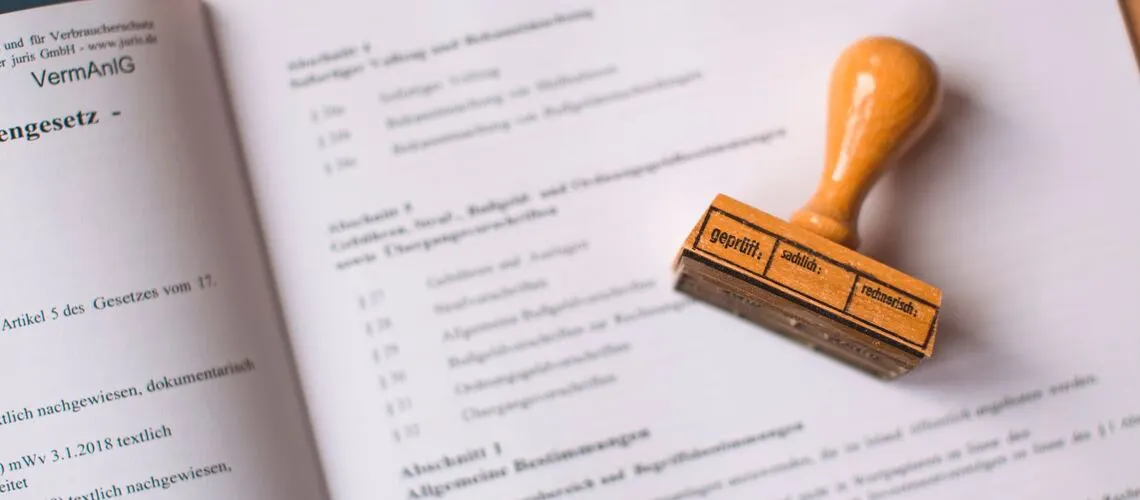Understanding Property Valuation
Before delving deep into the relationship between property valuation and taxes, it’s essential to understand what property valuation truly means. Property valuation, often termed as “property appraisal,” is the process of determining a property’s current market value. Professionals who carry out this task, called property valuers or appraisers, consider various factors including the property’s location, structural condition, recent sales of similar properties, and potential future development.
How Taxes in Australia Relate to Property Value
Property valuation plays a crucial role in determining various taxes in Australia. Unlike some countries, where taxes might be standardized, Australian taxes are often linked to the value of an individual’s property.
1. Council Rates
One of the most direct correlations between property valuation and taxes in Australia lies in the council rates. These rates are charged by local governments to fund local services like rubbish collection, infrastructure maintenance, and public amenities. The higher a property’s valuation, the higher the council rates tend to be, as these rates are typically a percentage of the property’s value.
2. Stamp Duty
When buying a new property, Australians are required to pay a tax known as “stamp duty.” The amount of this tax depends on the property’s value. Essentially, as the property valuation increases, the amount of stamp duty paid rises. Each state and territory in Australia has its own scale and exemptions for stamp duty, making the relationship between property valuation and this tax complex and dynamic.
3. Land Tax
Land tax is another crucial tax in Australia that’s directly influenced by property valuation. While not all property owners are liable for this tax, those with properties above a certain value will find themselves paying land tax annually. As with stamp duty, rates and thresholds differ across states and territories, making a thorough understanding of your local regulations crucial.
Factors Influencing Property Valuation and Taxes
Several factors can influence a property’s valuation in Australia, and consequently, its associated taxes.
- Location: Properties located in prime locations or near essential amenities tend to have higher valuations.
- Property Size and Condition: Larger properties or those in better condition often command higher market values.
- Market Trends: If there’s a demand for properties in a particular area, it can push up valuations.
- Development Potential: A property’s value can surge if it holds potential for future development or rezoning.
Implications for Property Owners and Investors
Given the relationship between property valuation and taxes in Australia, both property owners and investors need to be astute.
Strategic Buying
Understanding the potential future value of a property can guide investors and homeowners in making strategic buying decisions. By considering future property valuation, you can estimate potential taxes and ensure they’re factored into your financial planning.
Regular Revaluation
Considering that property valuations can influence your tax obligations significantly, regular revaluations are recommended. By keeping abreast of your property’s current market value, you can anticipate and plan for any shifts in your tax liabilities.
Final Thoughts
The intricate relationship between property valuation and taxes in Australia underscores the importance of staying informed and updated. Whether you’re a homeowner, investor, or someone contemplating joining the property market, understanding this relationship can offer both financial clarity and strategic advantages.



